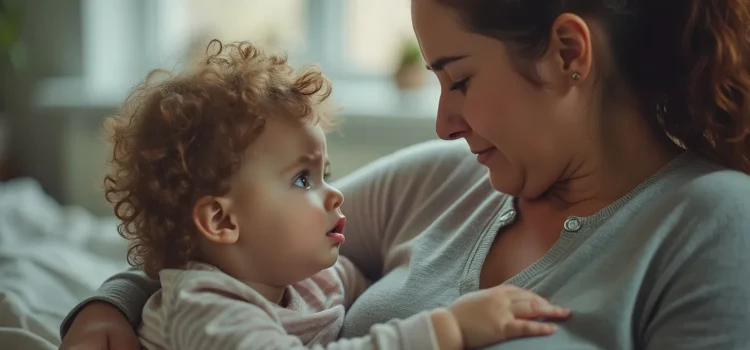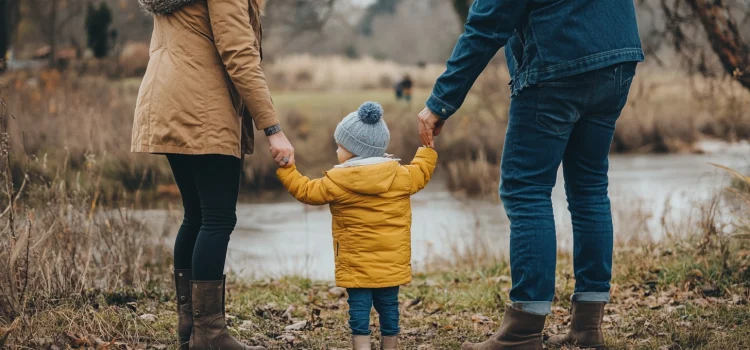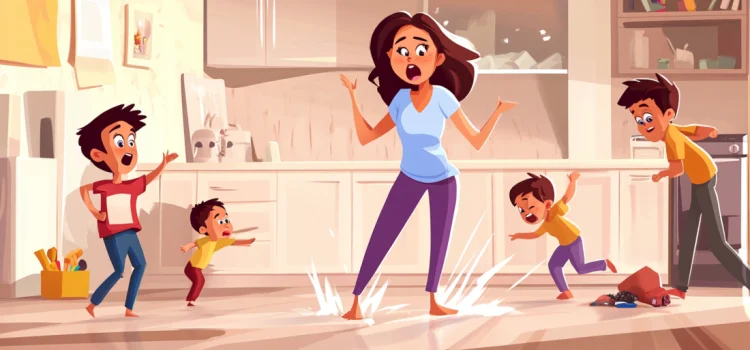Is there a gentle “cry-it-out” method? What are the benefits of letting your child cry it out? The Self-Soothe Method, also known as the “cry-it-out” method, centers on putting your child in a safe sleep environment and allowing them to learn to self-soothe. This method may be stressful for your baby as they adjust, but Alexis Dubief asserts that healthy sleep is worth a brief period of distress. Discover why letting your baby cry during the night isn’t all bad.
The Gentle “Cry-It-Out” Method: Let Your Baby Self-Soothe










